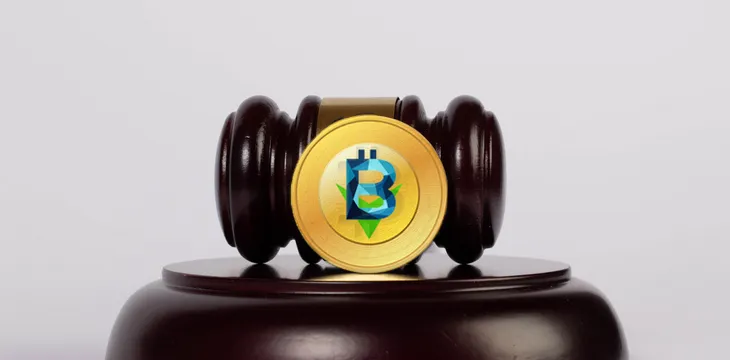|
Getting your Trinity Audio player ready...
|
Last November, the U.S. Securities and Exchange Commission (SEC) requested an injunction against Blockvest, a blockchain assets group, after determining that it was violating securities law. The courts decided that the SEC didn’t have a case and dismissed the charges. While it was seen as a small victory for cryptocurrency securities exchanges at the time, that victory has now been snatched away in an appeals court.
Yesterday, the U.S. District Court for the Southern District of California granted the SEC a preliminary injunction against Blockvest and its founder, Reginald Buddy Ringgold, III (also known as Rasool Abdul Rahim El). According to a statement on the SEC’s website, the court agreed with the SEC that Ringgold and Blockvest had made fraudulent offers of securities, and making claims of being registered with financial regulators when, in fact, no such registration was in place.
The SEC had gone after Blockvest in early October, accusing the company of raising funds through the ICO under false pretenses. Ringgold had asserted that the company would offer several financial products that would be able to generate “passive income and double-digit returns,” and that the fund was “licensed and regulated” by an entity called the “Blockchain Exchange Commission” (BEC). The BEC, however, was a fabrication that was designed to appear as though it were the SEC, using a logo similar to that of the financial watchdog, as well as listing the SEC’s address as its own.
The court judge, Gonazalo P. Curiel, asserted in his ruling that the “SEC has demonstrated that the promotion of the ICO [initial coin offering] of the BLV token was a ‘security’ and satisfies the Howey test.” The SEC had asserted that Blockvest used “the SEC seal without permission and falsely claimed that their crypto fund was ‘licensed and regulated.’ Furthermore, Ringgold also promoted his firm’s ICO with a fake regulatory agency which he named “Blockchain Exchange Commission.”
In a separate court document made available (in pdf) by the SEC, Judge Curiel states, “In the instant motion, the Court grants a partial reconsideration and concludes that Plaintiff has presented a prima facie case of violations of Section 17(a), which creates an inference that Defendants will likely violate the securities law in the future if not enjoined… The misrepresentations on Defendants’ website postings include falsely claiming their ICO has been ‘registered’ and ‘approved’ by the SEC, falsely claiming their ICO has been approved or endorsed by the CFTC and the NFA by utilizing their logos and seals, falsely asserting they are ‘partnered’ with and ‘audited by’ Deloitte, and falsely creating a fictitious regulatory agency, the BEC, with a fake government seal, logo, and mission statement that are nearly identical to the SEC’s seal, logo and mission statement. Ringgold does not dispute that these false representations were on the website; instead, he claims that mistakes were made… The Court recognizes that Defendants could have reasonably made a mistake as to their SEC filings as they had hired a compliance attorney; however, the Court questions Defendants’ mistake concerning the creation of fictitious agency, BEC, utilizing a nearly identical seal, logo and mission statement as the SEC to provide a false appearance that the ICO had regulatory approval and was safe.”
The SEC is known for taking a strict position against crypto and blockchain companies in virtually all cases; however, blatant misrepresentation will definitely put any entity on the receiving end of the commission’s wrath.

 07-15-2025
07-15-2025 





